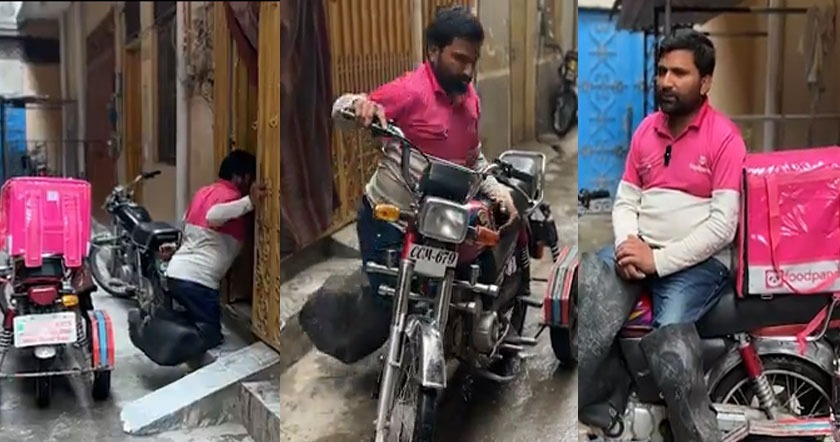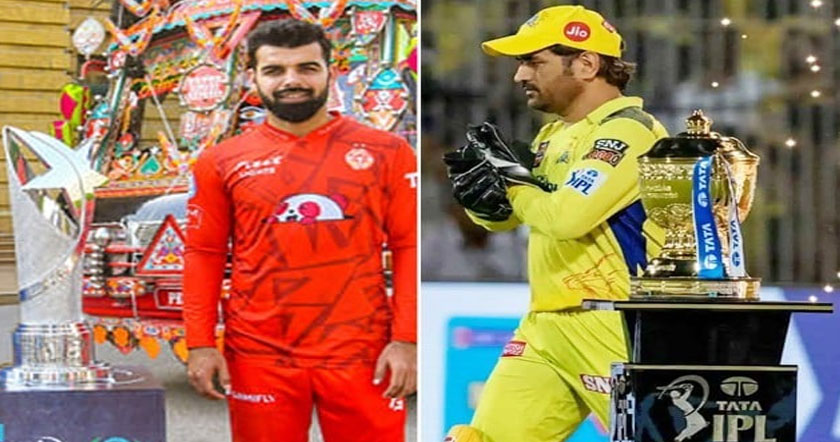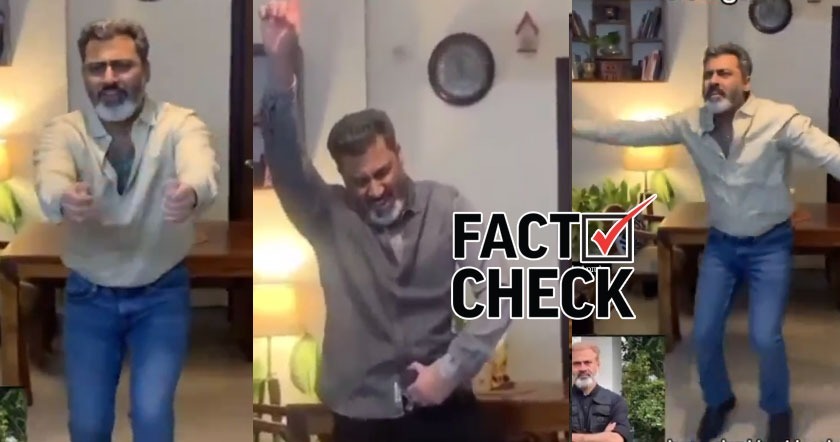Misinformation About Vaccines And Proprietary Rights Over Related Technology
One particularly problematic form of misinformation related to COVID-19 clusters around the topic of vaccines and biotechnologies used to produce vaccines and diagnostics.
An Indonesian newspaper reported that several people, mistakenly believing that pneumonia vaccines are effective against the Wuhan coronavirus, visited medical facilities and requested the administration of vaccines like Prevnar and Pneumovax 23. These pneumococcal vaccines, however, protect against different types of bacterial pneumonia, not viruses causing respiratory infections.
A different strain of misinformation, spread predominantly online, focuses on the existence of a proprietary rights over coronaviruses. Groups like QAnon, as well as some members of the anti-vaccination community, have used social media to suggest that the United States government, or publicly funded research institutions, “own the coronavirus”—with the implication that the current outbreak is the product of a governmental or quasi-governmental conspiracy—or, in some cases, of individuals like Gates.
This idea appears to derive from poorly interpreted patent searches. There are, in fact, patents covering inventions developed in connection with different forms of coronaviruses. In 2004, the Centers for Disease Control and Prevention (CDC) filed a patent application covering specific isolated components of a type of coronavirus distinct from COVID-2019: severe acute respiratory syndrome (SARS). The patent was issued and published in 2007 and is set to expire in 2024. Similarly, in 2015 the Pirbright Institute, a British research institute, applied for a patent on an attenuated form of coronavirus, which was granted in 2018 and is set to expire in 2035. This form of coronavirus, however, is related to the Avian infectious bronchitis virus, which is not known to pose a threat to humans. Existing patents thus cover inventions related to different types of coronaviruses, none of them the one at the root of the COVID-19 outbreak. Moreover, in line with current caselaw, patents cannot possibly cover the viruses themselves.
The spread of misinformation about patent-related issues has quickly migrated outside the realm of extremist online speech. For instance, a relatively prominent public figure, Shiva Ayyadurai, who challenged Senator Elisabeth Warren in an unsuccessful 2018 U.S. Senate run, has used Facebook to inaccurately convey the idea that the coronavirus itself is owned by the Pirbright Institute. Similarly, segments of the anti-vaccination community have increased the online footprint of coronavirus misinformation by reposting many of the erroneous patent-centric narratives, at a time in which vaccine hesitancy has been added to the WHO list of leading threats to global health.
SOURCE
One particularly problematic form of misinformation related to COVID-19 clusters around the topic of vaccines and biotechnologies used to produce vaccines and diagnostics.
An Indonesian newspaper reported that several people, mistakenly believing that pneumonia vaccines are effective against the Wuhan coronavirus, visited medical facilities and requested the administration of vaccines like Prevnar and Pneumovax 23. These pneumococcal vaccines, however, protect against different types of bacterial pneumonia, not viruses causing respiratory infections.
A different strain of misinformation, spread predominantly online, focuses on the existence of a proprietary rights over coronaviruses. Groups like QAnon, as well as some members of the anti-vaccination community, have used social media to suggest that the United States government, or publicly funded research institutions, “own the coronavirus”—with the implication that the current outbreak is the product of a governmental or quasi-governmental conspiracy—or, in some cases, of individuals like Gates.
This idea appears to derive from poorly interpreted patent searches. There are, in fact, patents covering inventions developed in connection with different forms of coronaviruses. In 2004, the Centers for Disease Control and Prevention (CDC) filed a patent application covering specific isolated components of a type of coronavirus distinct from COVID-2019: severe acute respiratory syndrome (SARS). The patent was issued and published in 2007 and is set to expire in 2024. Similarly, in 2015 the Pirbright Institute, a British research institute, applied for a patent on an attenuated form of coronavirus, which was granted in 2018 and is set to expire in 2035. This form of coronavirus, however, is related to the Avian infectious bronchitis virus, which is not known to pose a threat to humans. Existing patents thus cover inventions related to different types of coronaviruses, none of them the one at the root of the COVID-19 outbreak. Moreover, in line with current caselaw, patents cannot possibly cover the viruses themselves.
The spread of misinformation about patent-related issues has quickly migrated outside the realm of extremist online speech. For instance, a relatively prominent public figure, Shiva Ayyadurai, who challenged Senator Elisabeth Warren in an unsuccessful 2018 U.S. Senate run, has used Facebook to inaccurately convey the idea that the coronavirus itself is owned by the Pirbright Institute. Similarly, segments of the anti-vaccination community have increased the online footprint of coronavirus misinformation by reposting many of the erroneous patent-centric narratives, at a time in which vaccine hesitancy has been added to the WHO list of leading threats to global health.
SOURCE





























